Black Motors vs. Natural Aluminum
Collapse
X
-
Black Motors vs. Natural Aluminum
Did I see somewhere that the painted (black) ones cool better than the unpainteds? Does anyone know specifically what the black motors are coated with, and if the natural aluminum ones have some kind of clear coating (on the cooling fins, etc.)?Tags: None -
 Guest
Guest -
 Guest
Guest -
 tejasmud
tejasmud
I read that the Black Engines are faster too.
Not to get caught up in debate, but hows about a black engine with polished covers.
Comment
-
 Guest
Guest
I'm actually not biased. I have both:
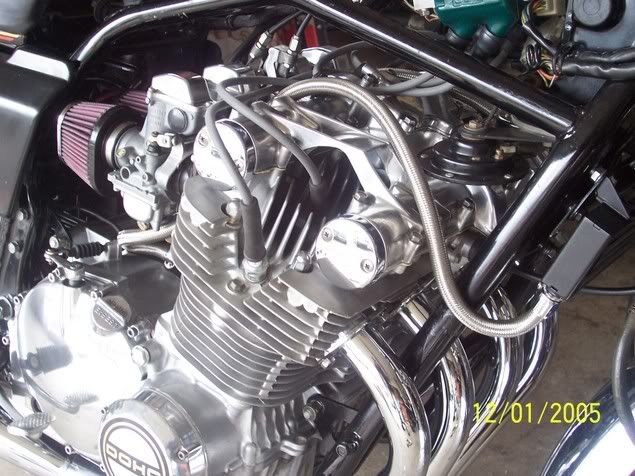
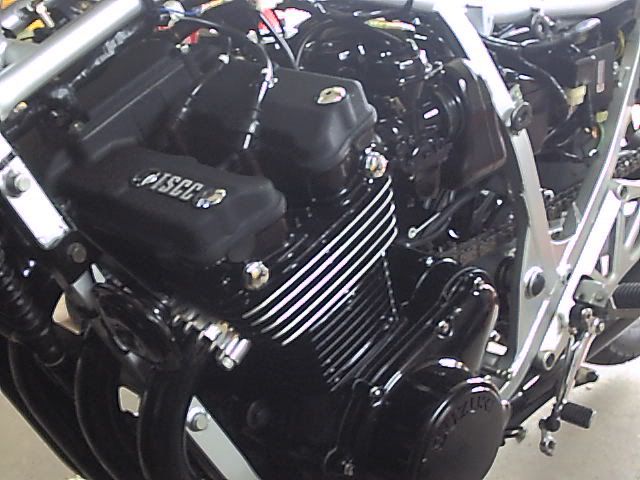
The Beast project will be black:

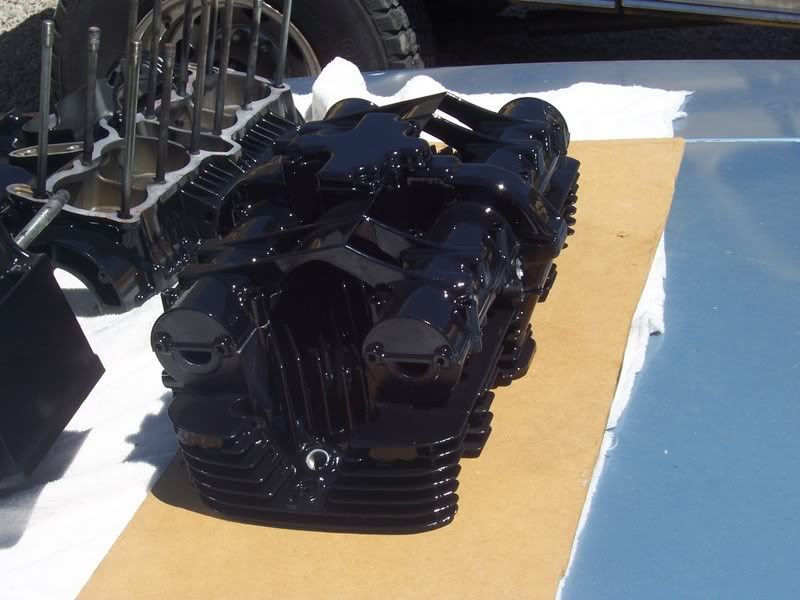
There has been some debate as to which runs cooler. I don't think there is much difference. Some black coatings (kal-guard?) claim to help cool the motor, and I'm sure they do. Do a search and you'll find some more info.Comment
-
 focus frenzy
focus frenzy
SAE data shows a light coat of flat black paint enhances cooling. Check it
out in Smoky Yunick's book or the typical racecar books.
very good explanation of how it works.
Heat conductivity is a measure of how well heat transfers through a
material. Metals have very high heat conductivity. Paint has a lower heat
conductivity than metal, but air has a very poor heat conductivity in
comparison to both of them.
Heat is transferred from place to place by conduction (direct contact),
radiation (light of any wavelength, not just IR), and convection (not really
a different process, but a combination of the first two - when heat is
transferred to a gas or liquid by conduction or radiation, the gas or liquid
can then circulate away from the object and be replaced by cooler gas or
liquid. I think radiation is more important than conduction here, but I'm
not sure).
So lets look at each type of heat transfer in the case of painted vs.
unpainted metal to air.
CONDUCTION:
The conduction of heat from metal to air is poor.
The conduction of heat from metal to paint is not great, but it is better
than metal to air.
The conduction of heat from paint to air is poor.
Both the metal and the paint can give up heat (by conduction) faster than
the air can take it, so the conductive transfer is the same in the painted
and unpainted cases. You were correct to think that the paint transfers
heat more slowly, but the limiting factor is the air, so the low heat
conductivity of the paint is made unimportant by the much lower heat
conductivity of the air.
RADIATION:
The radiation of heat to and from dark materials is high.
The radiation of heat to and from light materials is low.
For conduction, it mattered what the material being conducted to was. For
radiation, it doesn't matter where the radiation is going, it just matters
what the color (really, the emissivity) of the hot object is. So painting
the engine black will increase the amount of heat radiated, as long as the
conductive heat transfer from the metal to the paint can keep up. Painting
the engine white would actually decrease the amount of heat radiated.
Polishing the fins to a mirror finish will reduce the radiation even more.
CONVECTION:
Air that has been heated by either conduction or radiation won't pick up any
more heat when it's at the same temperature as the metal. If that air is
moved away and cooler air brought in, then conduction and radiation can dump
more heat.
So, painting the engine black doesn't hurt conduction, but it increases
radiation, which then increases convection.
polished or chrome is bad.Comment
-
 Guest
Guest
Comment
-
I know that black engines appear to be slimmer. "When I give food to the poor, they call me a saint. When I ask why they are poor, they call me a communist." Bishop Helder Camara
"When I give food to the poor, they call me a saint. When I ask why they are poor, they call me a communist." Bishop Helder Camara
"Beware of the man with only one gun. He probably knows how to use it."
http://i13.photobucket.com/albums/a2...dStatesMap.jpg
82 GS1100E....black w/WC fairing and plenty o corrosion and low levels of attentionComment
-
 Guest
Guest -
 tejasmud
tejasmud
Comment
-
 Guest
Guest
Here's one theory on why black paint enhances cooling.....others argue that white has higher heat emissivity, and black really isn't black in the IR spectrum, so draw your own conclusions. It's safe to say that the difference is temps is small enough to be insignificant, so go with whatever floats your boat cosmetically.
Re. Leon's post....for our purposes, the amount of cooling via radiation is small.....most of it relies on forced convection (movement of cooler air over and between engine fins)....that's partly the reason being stuck in gridlock even at idle, quickly causes temps to rise, but riding keeps temps in check.
Tony.Comment
-
 focus frenzy
focus frenzy
original (AKA: real) volkswagon engine valve covers were black to aid cooling, volkswagon produced a artic kit to help their air cooled engines warm up and it included chrome valve covers.Comment


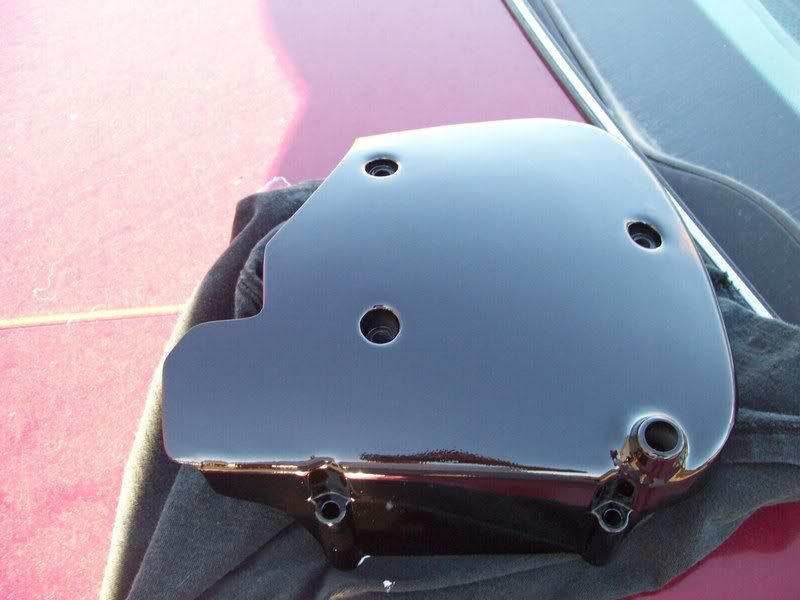
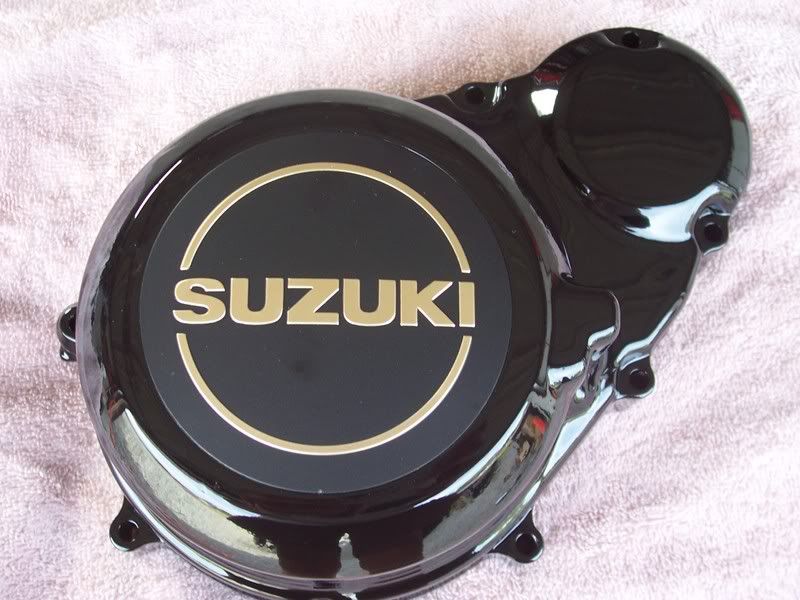


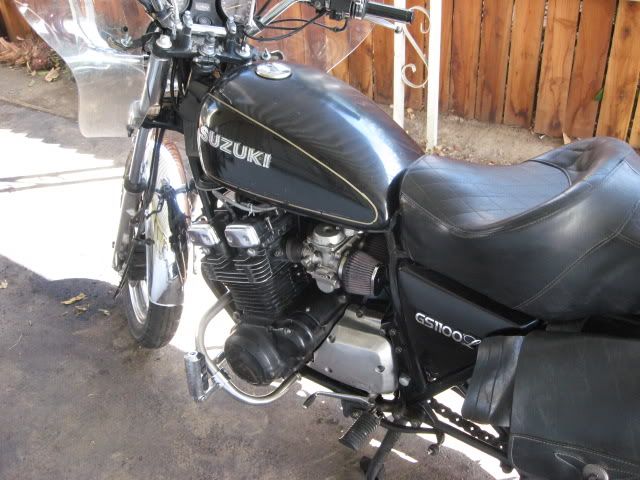




Comment